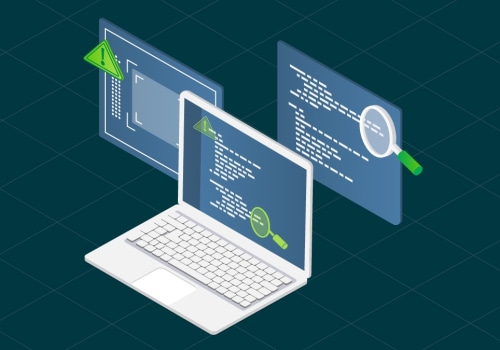Research continues to show that aftercare programs can increase participation in treatment, which can ultimately lead to better treatment outcomes. 1, 2 Addiction aftercare is also called continuing care and refers to follow-up services offered after addiction treatment services have been completed.1 For some people, this may be a type of incremental care, such as a less intensive treatment program or setting. Some examples of aftercare programs include medication management, mutual support groups, and behavioral therapy. Aftercare programs and services will vary depending on your unique needs and your treatment team's evaluation.
Aftercare services can be performed after any type of addiction treatment and refer to services offered after you have completed a more intensive treatment program, such as inpatient residential treatment. This is also known as “incremental care”. 1, 15 Mutual support groups may include 12-step groups such as Alcoholics Anonymous (AA) and Narcotics Anonymous (NA), Self-Management and Recovery Training (SMART), or any other type of support group offered through organizations that support people in recovery. 4 In the treatment of opioid use disorder (OUD) and alcohol use disorder (AUD), certain medications can help with acute withdrawal symptoms and some medications can be used indefinitely, 8, 16 Medications used to treat OUD are effective, safe, and have It has been shown to reduce mortality rates from opioid addiction, 8 Effective addiction treatment targets the entire person, not just substance use, and this may include a continuing care plan, 10 The recovery is progressive and your needs may change throughout the process.
Your continuing care plan should be reevaluated over time to address your changing needs and your progress throughout the recovery process. 10 Your treatment and aftercare plan should include medical and mental health services, as well as community and family resources. 10 Relapse is usually a normal part of the recovery process, and studies indicate that up to 85% of people in early recovery relapse one year after stopping drug use, 13 Relapse does not indicate failure; however, it's important to recognize the warning signs of a relapse so that you or a loved one can get the care you need. The treatment environment plays a crucial role in the recovery process.
It is essential to determine what environment would be most conducive to their recovery. Rather than just treating the physical symptoms of addiction, holistic addiction treatment programs aim to align the whole person to achieve full recovery. Aftercare services may include continuing care programs, such as group meetings for peer support, counseling sessions to address any persistent problems related to addiction recovery, or family counseling for better understanding among family members. American Addiction Centers (AAC) is a leading provider of addiction treatment programs and has reliable rehabilitation centers around the country.
In general, aftercare involves much less frequent contact with treatment personnel than during the acute phase of addiction treatment, so it approaches a more real situation in which self-sufficiency, individual determination, and hard work are used as tools to maintain one's sobriety. Sober Living programs provide a stable, drug-free environment for those recovering from drug and alcohol addiction. Essentially, aftercare should be considered a type of ongoing treatment, which immediately follows a period of addiction treatment, such as inpatient rehabilitation or intensive outpatient treatment. In a fourth clinical trial, 163 patients with a DSM-IV diagnosis of alcohol dependence treated in primary care were randomly assigned to 26 weeks of treatment for alcoholism or to be referred for standard treatment in a specialized outpatient addiction treatment program.
When choosing an addiction treatment program for you or your loved one, it's critical that you know what to look for. Addiction aftercare is also called continuing care and refers to follow-up services that occur after addiction treatment services have been completed. If you or a loved one is looking for a local addiction recovery program, Guardian Recovery Network can help. A comprehensive inpatient rehabilitation program will adapt a set of aftercare requirements and objectives for each patient, based on the assessment of the discharge and the patient's specific needs.
Your addiction aftercare program can start with the case manager at your rehabilitation center or treatment program. At this point, ongoing care is widely believed to be an important component of effective treatment for substance use disorder, especially for those with a problem serious enough to require specialized care treatment. .



